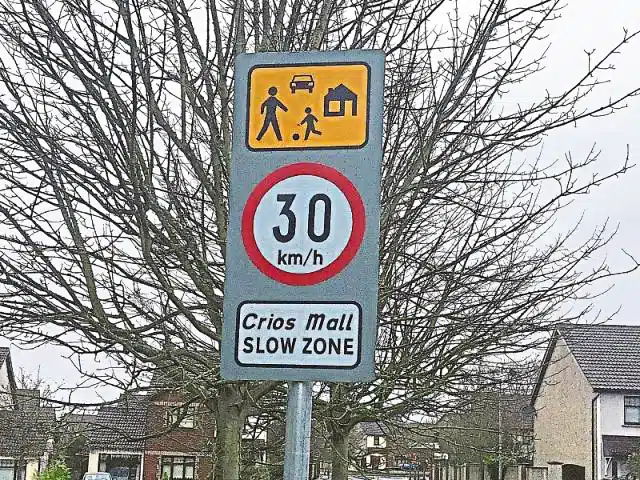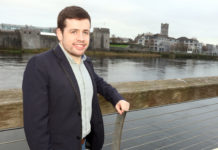A LIMERICK councillor has said that if colleagues don’t remember debating issues on speeding in the city, they haven’t been paying enough attention.
The comments were made by Labour councillor Conor Sheehan following a decision by members to defer a vote on reducing speed limits across the city until September.
At this month’s plenary meeting, councillors were due to vote on changing the bye-laws to cut speed limits from 50 km/h to 30km/h in certain parts of the city.
However, Deputy Mayor Cllr Dan McSweeney (FG) called for the vote to be deferred to allow councillors more time to be briefed on the matter, with a number of local councillors reported as being unhappy with the move to postpone.
A total of 30 bridges and main thoroughfares will be impacted by the change in laws, including Clancy Strand, Wickham Street, and parts of the Dock Road and Condell Road.
Reacting to the decision to postpone the vote, Cllr Sheehan said that he did not see any reason why the vote should have been deferred.
“I am dissatisfied with the decision to defer this until the September meeting. I was happy to vote through the proposal with the information provided, but obviously some of my colleagues thought otherwise, which is disappointing,” he told the Limerick Post.
“I also don’t accept the assertion at the meeting from some councillors that we had not debated this issue. We have talked about this issue at length at multiple meetings over a long number of years, and if colleagues can’t remember then they obviously haven’t been paying close enough attention.”
The City North representative said that this is “an important safety measure that we have pointlessly and ridiculously deferred”.
“If you are hit by a car at 30 kilometres an hour, you are much less likely to die than if you were hit at 50 or 60 kilometres an hour,” Cllr Sheehan declared.










